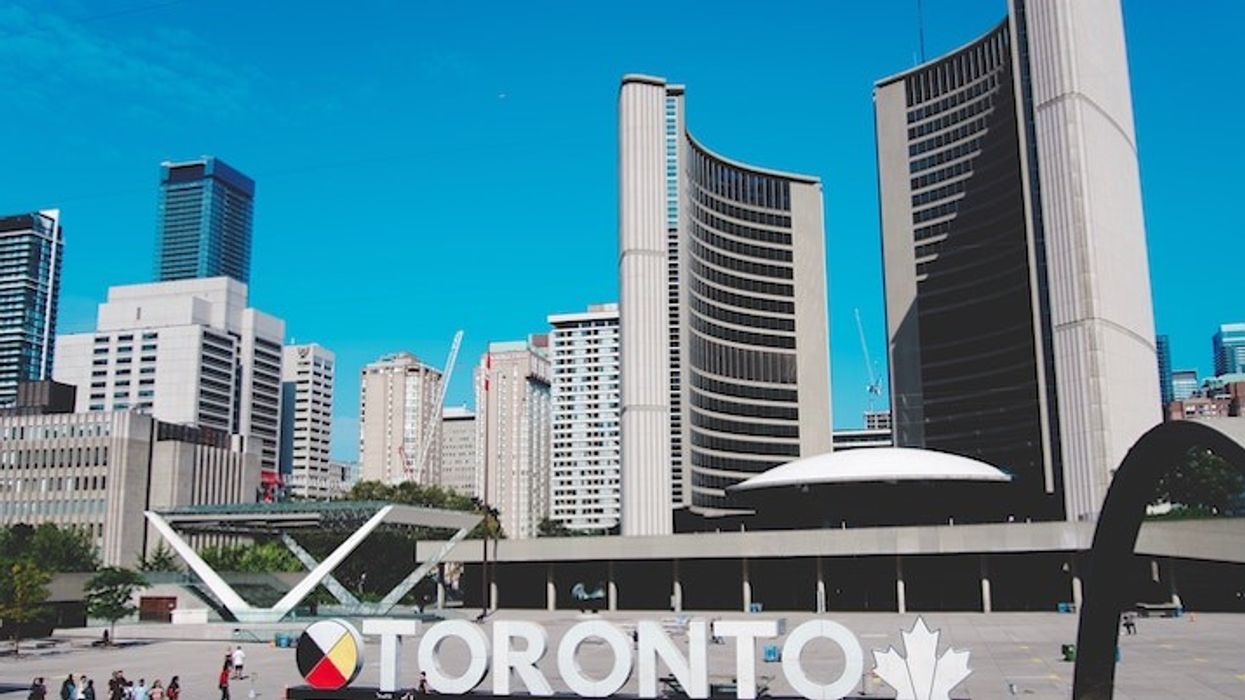Toronto Public Health says it continues to actively monitor the Novel Coronavirus outbreak, which has already claimed the lives of at least six people and sickened almost 300 in China.
On Tuesday morning, Toronto's health agency said it's now collaborating with its provincial and national colleagues, despite the low risk to Toronto residents.
At this time, the Canadian government, provinces, and territories have multiple systems in place to identify, prevent, and control the spread of infectious diseases. This includes standard border measures to prevent the introduction of infectious diseases into our country, says Dr. Theresa Tam, Canada's Chief Public Health Officer.
Dr. Tam told reporters on Monday that travellers at Toronto's Pearson International Airport will be asked a screening question at electronic immigration kiosks if they have travelled to areas affected by the coronavirus in the last 14 days and they will be reminded to report flu-like symptoms to border services agents.
Additionally, there will also be messaging on arrival screens about the coronavirus, Tam said.According to the federal government, Coronaviruses are a large family of viruses that cause respiratory illnesses, with some causing none or mild illness, like the common cold, but other coronaviruses can cause severe illness, like Severe Acute Respiratory Syndrome Coronavirus (SARS-CoV), and the Middle East Respiratory Syndrome Coronavirus (MERS-CoV).
Some human Coronaviruses spread easily between people, while others do not.
Your risk of severe disease may be higher if you have a weakened immune system. This may be the case for:
- Older people
- People with chronic disease (diabetes, cancer, heart, renal, or chronic lung disease)
There are no specific treatments for illnesses caused by human Coronaviruses. Most people with common human Coronavirus illness will recover on their own.
READ: Bedbugs, Drug Abuse, and Child Neglect: Living in Hell at Toronto’s Lido Motel
According to the Centers for Disease Control and Prevention, the novel (new) Coronavirus was first identified in Wuhan City, Hubei Province, China. Chinese authorities identified the new coronavirus, which has resulted in hundreds of confirmed human infections in China and exported cases in Thailand, Japan, and South Korea.
Most cases have been linked to the Huanan Seafood Market (also known as Wuhan South China Seafood City and South China Seafood Wholesale Market). The federal government says the market has been closed as of January 1, 2020, for cleaning and disinfection. However, some cases have not been linked to this market, and the source of the virus is still unknown.
Tam says if you are travelling to an area affected by the Coronavirus outbreak, you should take the following precautions to protect your health:
During your trip:
- Avoid high-risk areas such as farms, live animal markets, and areas where animals may be slaughtered.
- Avoid contact with animals (alive or dead), including pigs, chickens, ducks, and wild birds.
- Avoid surfaces with animal droppings or secretions on them.
- Avoid contact with sick people, especially if they have a fever, cough, or difficulty breathing.
Travellers are reminded to follow the usual health precautions:
Wash your hands often
- Wash your hands often with soap under warm running water for at least 20 seconds.
- Use alcohol-based hand sanitizer only if soap and water are not available. It’s a good idea to always keep some with you when you travel.
Practise proper cough and sneeze etiquette:
- Cover your mouth and nose with your arm to reduce the spread of germs.
- If you use a tissue, dispose of it as soon as possible and wash your hands afterwards.
Monitor your health:
If you become sick when you are travelling or after you return, avoid contact with others except to see a health care professional. Tell them:
- Your symptoms.
- Where you have been travelling or living.
- If you have had direct contact with animals (for example: visited a live animal market) or close contact with a sick person.
If you feel sick during your flight to Canada or upon arrival, inform the flight attendant or a Canadian border services officer.





















